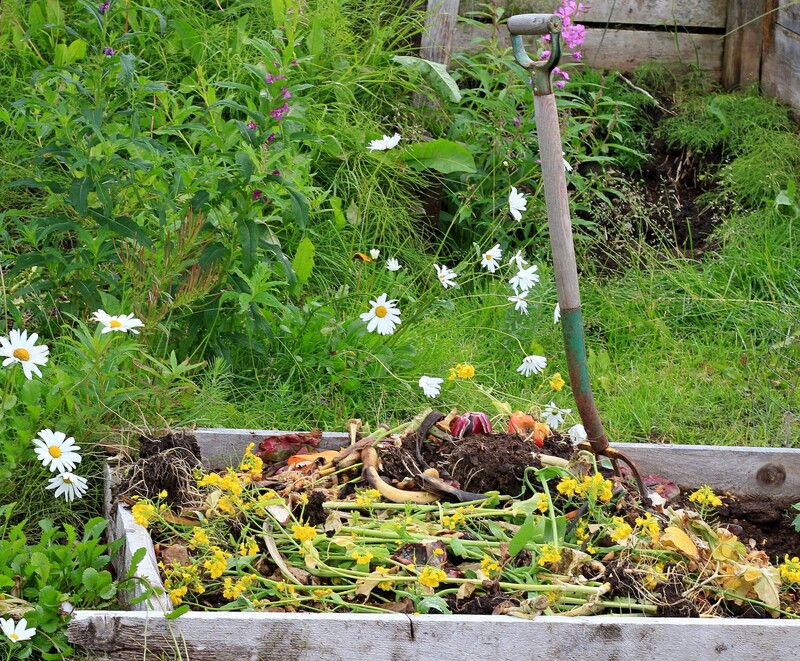Disposal Tips to Keep Pandemic PPE Out of Our Waterways
The COVID-19 pandemic has significantly increased the use of personal protective equipment (PPE) worldwide. Millions of disposable masks, gloves, face shields, and sanitizing wipes are being used daily to help curb the spread of the virus. Unfortunately, improper disposal of these items is already threatening the health of our environment, especially our rivers, lakes, and oceans. How can we prevent used PPE from contaminating our precious waterways? This comprehensive article outlines the best disposal practices and strategies to protect aquatic life and public health from pandemic PPE pollution.
Why Is PPE Ending Up in Our Waterways?
PPE litter has become a new form of environmental pollution. Many people, out of convenience or lack of awareness, discard used masks and gloves on the ground or leave them outside bins. Heavy rains and wind can quickly carry this litter into storm drains, streams, and eventually, larger bodies of water. These incorrectly discarded items can take hundreds of years to decompose, posing a threat to marine life, water quality, and even human health.
- PPE items are often made from plastics such as polypropylene and polyethylene.
- These materials degrade slowly, breaking down into microplastics that contaminate the aquatic food chain.
- Wildlife often mistake them for food or become entangled, causing injury and death.
The Global PPE Pollution Crisis
By some estimates, the world uses 129 billion face masks and 65 billion gloves every month. With such staggering numbers, even a tiny percentage of improper disposal leads to a huge volume of waste polluting natural habitats. Countries all over the globe are reporting a surge in PPE pollution, with discarded masks found on beaches, in rivers, and floating in the ocean. This new type of litter poses serious risks:
- Choking hazards for fish, birds, and other animals
- Introduction of non-biodegradable plastics and chemicals into the ecosystem
- Potential spread of pathogens if contaminated PPE is handled or consumed by wildlife

Effective Disposal Tips to Prevent PPE Waterway Pollution
Proper disposal of pandemic PPE is essential to protect our environment and health. Here are the most effective, eco-friendly disposal tips to ensure masks, gloves, and sanitizing wipes do not end up in our water systems:
1. Never Litter Your PPE
It may seem obvious, but never toss PPE items--such as masks, gloves, or wipes--on the ground or leave them in public spaces. Use waste bins wherever possible. If no bin is available, carry a small bag with you to store used PPE until a proper disposal option is accessible. This simple step is the frontline defense against PPE waterway pollution.
2. Dispose of PPE in the General Waste, Not Recycling
One of the biggest disposal mistakes is putting used masks and gloves into recycling bins. These items are seldom recyclable, and placing them in recycling streams can contaminate the entire batch, causing it to be sent to landfill or incinerated. Always dispose of pandemic PPE in general waste bins--never recycling bins.
3. Secure PPE in Tied Bags
- Place used masks and gloves in a small plastic or biodegradable bag.
- Tie the bag securely before placing it in the bin--this prevents wind or animals from spreading the items.
- Do not overfill bins, as this increases the risk of PPE blowing away or falling out.
4. Cut Mask Straps Before Disposal
An unfortunate consequence of improper mask disposal is wildlife entanglement. Birds and small animals can become trapped in the ear loops. Before throwing away your used masks, snip the ear loops or straps. This precaution helps reduce the risk to animals in landfills and waterways.
5. Avoid Flushing PPE Down Toilets
Sanitizing and disinfectant wipes, masks, and gloves should never be flushed down the toilet. These items do not disintegrate like toilet paper and can block sewer systems. Such blockages often result in waste and PPE ending up directly in rivers and oceans, causing further contamination. Always throw these items into a trash bin.
6. Choose Reusable Protection When Possible
Whenever circumstances allow, consider using reusable cloth masks and washable gloves. These can be sanitized and reused many times, drastically reducing PPE waste. Make sure cloth masks are washed regularly in hot water and detergent to keep them safe for continued use. Use disposable PPE only where required--such as in healthcare settings or crowded public areas where reusable alternatives are not appropriate.
7. Participate in Community PPE Clean-Up Initiatives
- Join local clean-up drives focused on removing litter, including pandemic PPE, from streets, parks, and waterway banks.
- Encourage friends, family, and colleagues to volunteer in these efforts.
- If there are no such projects nearby, consider organizing a socially distanced PPE clean-up with local authorities or environmental groups.
Best Practices for PPE Disposal in Different Settings
At Home:
- Place a labeled, covered trash bin inside your home specifically for used PPE.
- Educate every member of your household about the importance of proper PPE disposal.
- For those caring for sick family members, double-bag PPE waste and wait 72 hours before putting the bag out for collection, if possible. Check local regulations for updated guidance.
At Work:
- Install dedicated PPE waste bins at key locations (entrances, restrooms, break rooms).
- Ensure bins are clearly labeled and emptied frequently.
- Post signs about correct disposal procedures in visible areas.
- Provide reusable PPE options to staff where safe and practical.
In Public Spaces:
- Advocate for more public waste bins and regular collection, especially in high-traffic zones and near water bodies.
- Promote public education campaigns to increase awareness about the dangers of PPE litter.
- Work with local authorities to enforce littering fines and penalties for improper PPE disposal.
The Role of Individual Responsibility in Keeping Waterways Clean
Each person plays a critical role in keeping our waterways clean during and after the pandemic. Small actions--like disposing of PPE correctly and spreading awareness--add up to make a huge difference. Remember, protecting our waterways from PPE waste is not only an environmental duty but a public health necessity. Let's all do our part to ensure that pandemic PPE never pollutes our rivers, lakes, and oceans.
Governmental and Institutional Actions
While individuals must act responsibly, governments and institutions also bear responsibility in preventing PPE pollution. Effective strategies include:
- Implementing stricter waste management policies specifically for pandemic PPE.
- Funding awareness campaigns about proper PPE disposal and waterway protection.
- Providing sufficient waste bins in public places, and ensuring timely collection and processing of PPE waste.
- Supporting research into biodegradable PPE alternatives to reduce environmental impact.
- Encouraging manufacturers to design PPE using eco-friendly, compostable materials where feasible.
Innovations in Sustainable PPE
Some companies and research institutions are now developing biodegradable face masks and gloves using materials like bamboo fibers and polylactic acid (PLA). These alternatives break down more easily in the environment, helping to keep PPE waste out of our waterways. While the global shift to such products will take time, supporting these innovations and providing feedback to manufacturers can accelerate the process.

Educational Campaigns and Awareness
Public education is crucial. Many citizens may not realize the ramifications of improper PPE disposal. Schools, businesses, and community organizations can help by:
- Distributing educational materials on disposal techniques for pandemic protective gear.
- Using social media hashtags like #KeepMasksOutOfWaterways or #CleanWaterNoPPE to raise awareness.
- Partnering with local environmental groups for workshops or virtual events.
Sharing knowledge and best practices is a powerful way to reduce PPE litter and help keep our waterways safe and clean.
Summary: Keeping Pandemic PPE Out of Our Waterways
Pandemic PPE is essential for our health and safety, but its improper disposal poses a dire threat to aquatic ecosystems and public well-being. By following these comprehensive disposal tips, we can all contribute to keeping pandemic PPE out of our waterways:
- Never litter PPE; always use appropriate waste bins.
- Dispose of all PPE in general waste, not recycling bins.
- Use tied bags to secure waste and keep wildlife safe by snipping mask straps.
- Avoid flushing any protective gear down toilets and opt for reusable PPE when possible.
- Participate in and organize clean-up initiatives to remove existing litter.
- Advocate for better public waste infrastructure and support eco-friendly innovations.
Together, we can fight PPE pollution, protect our waterways, ensure a cleaner environment, and turn the tide on this growing pandemic problem. The future of our rivers, lakes, and oceans depends on each of us making responsible choices now.